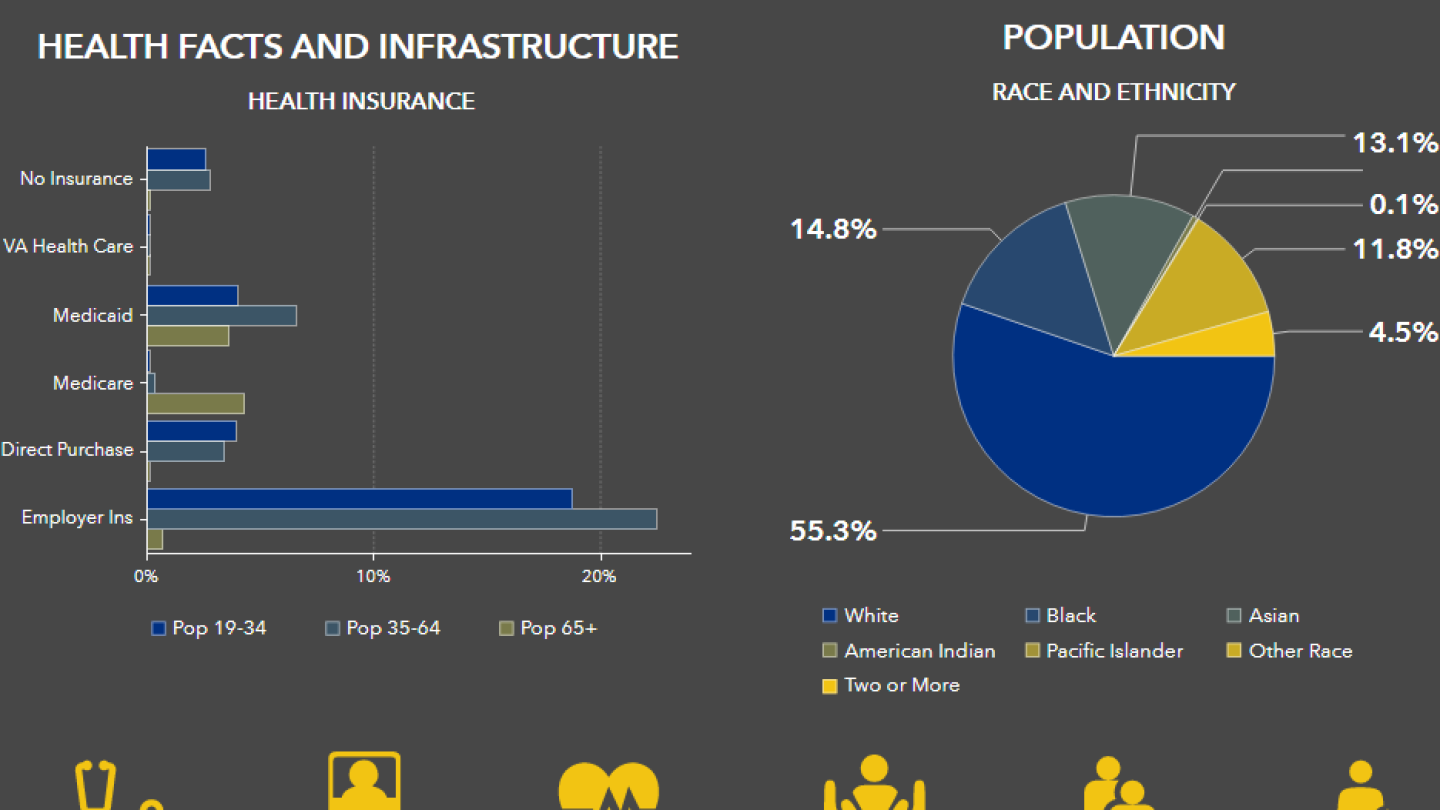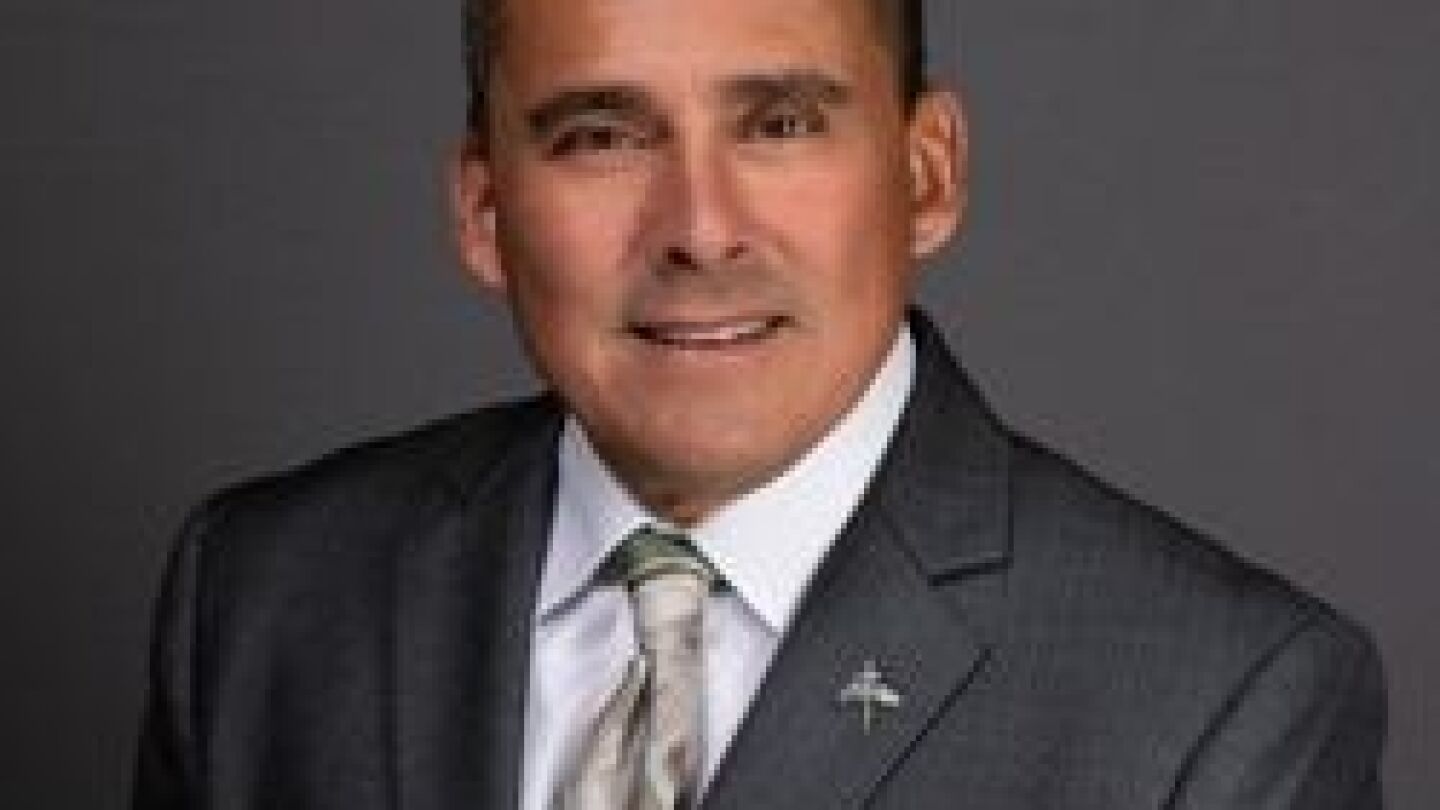Legislation and Funding
Legislation and funding issues always affect EMS budgets and operations. Use this topic to find out how the latest economic news is affecting EMS.
Learn where to find willing partners and payers for an EMS telehealth navigation program
This step-by-step guide will help you plan, prepare and apply for grant funding to support your EMS organization
Rural EMS has been hit hard by COVID. Here are some tips for identifying funding for recruitment and wellness programs
The Coronavirus Frontline Workers Fair Pay Act would provide retroactive and ongoing hazard pay
Our co-hosts speak with Senior Vice President Asbel Montes of Acadian Ambulances regarding the differences in federal COVID-19 funding for private and public EMS departments
The association says it is prioritizing PPE and testing access and funding in its negotiations at the Capitol
Know what you are agreeing to when you accept CARES Act COVID-19 stimulus funding
Miami-Dade’s emergency director said a shipment of masks meant for first responders and other front-line workers was “hijacked” on its way to the county
With hazard pay not included in recent bill, members push to fund local-level government in next round
The association plans to use the results to help advocate for funding to help departments maintain operations
The city, which implemented hazard pay for essential employees in early April, has voted to terminate the program in response to the reopening of the state economy
The Association of Air Medical Services is seeking federal funding to help air ambulance providers recoup lost revenue during the COVID-19 pandemic
New York Gov. Andrew Cuomo urged the federal government to implement hazard pay for first responders, hospital workers and others deemed essential
Congresswoman Robin Kelly is calling for a matching fund waiver for grants related to pandemic response and mental health
The Center for Firefighter Injury Research & Safety Trends webinar will feature panelists discussing opportunities for strengthening EMS systems post-COVID-19
Wisconsin EMS and fire leaders join forces to provide an overview of EMS legislative and regulatory requests to support front line response to COVID-19
MassMutual is offering three-year term policies of up to $25,000 at no cost to EMS and hospital workers
City officials said they seek to protect employees’ privacy, but a union official said employees also want to know how many department members are affected
Front-line workers can find information on PPE, priority testing, alternative housing, discounts and donations, self-care and childcare on the website
Now is the time to ask your community to remember their ambulance service when donating to a charitable organization
The legislation would make first responders who become disabled or die from COVID-19 eligible for compensation under the Public Safety Officer Benefit program
The university, which has been tracking COVID-19 cases worldwide since January, is now publishing data on bed capacity and health insurance for each county
President Gary Ludwig says CARES Act does not fully address needs of first responders on the front lines
The Centers for Medicare and Medicaid Services allows providers to obtain verbal consent to sign when contamination of a stylus or recording device is of concern
One city commissioner says he wants “backup” for the city’s current ambulance service, but the service says bringing in new companies would be “disruptive”
The bill guarantees that people in high-risk jobs who contract COVID-19 will be eligible for workers’ compensation without having to prove the infection was a direct result of their jobs
The defense department will invest $133 million to increase domestic N95 production capacity
The pivotal role of EMS in the fight against a global health crisis has put its providers in the national spotlight
The governor’s order allows inactive EMS providers to work in the state under the supervision of a licensed EMS or healthcare professional
The proposal would shield EMS providers, healthcare workers and hospitals from civil lawsuits as they make difficult decisions during the pandemic
The new state rule creates the assumption that first responders diagnosed with or quarantined for the disease were exposed while on duty
The start of the five-year test period for the Emergency Triage, Treat, and Transport model has been moved due to the COVID-19 pandemic
Several local governments have implemented hazard pay and stipends for first responders and other front-line workers during the COVID-19 pandemic

































